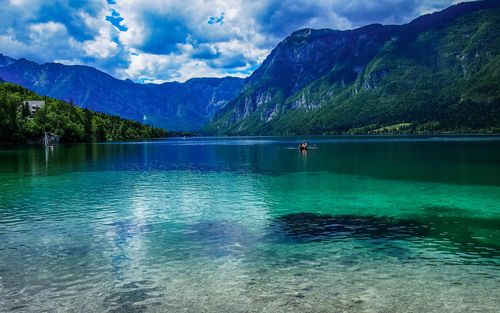For centuries, media has shaped our perception of global culture and life. It has been a primary source of cultural identity and has continually influenced the way we view different communities, cultures, and societies around the world.
The proliferation of digital media has made it even easier to spread cultural messages, shaping global perceptions in ways that were impossible for traditional media. With the internet, social media, and other digital platforms now at our fingertips, we are consuming more information than ever before. However, this wealth of information has not necessarily led to a better understanding of cultures and people from other parts of the world.
Media has the power to portray people, communities, and entire nations in a specific light, depending on the bias and prejudice of the sources disseminating information. We see it in everything, from movies and TV shows to news coverage and popular opinion.
Media can be used to break down cultural barriers, promote diversity and inclusion, and celebrate different communities and belief systems. However, it can also lead to harmful stereotypes and create misunderstandings about different cultures, feeding into issues such as prejudice, racism, and xenophobia.
Media has become a double-edged sword. For instance, we consume more food content, international news, and tourism ads than ever before. Through media, we gain some exposure to different cultural foods, norms, beliefs, and lifestyles. However, media also determines what information is highlighted or excluded, which can have long-lasting effects.
Today, media has the power of granting and denying visibility, amplifying voices or silencing them, shaping specific cultural messages, and influencing the worldviews of millions of people.
It is essential to highlight media’s impact in perpetuating stereotypes and promoting a homogeneous global culture to address these issues. Governments, media organizations, content creators, and individuals must work to create more accurate, fair, and inclusive representations of other cultures, communities, and countries.
In conclusion, media shapes our perception of global culture and life in many ways. It can promote diversity, break down cultural misconceptions, and increase exposure to different beliefs and lifestyles. However, it is also prone to perpetuating stereotypes, promoting homogenization, and silencing marginalized voices. To create a better, more inclusive world, we must strive to create more accurate and authentic representations of all communities and cultures, promoting diversity, inclusivity, and understanding.
(Note: Do you have knowledge or insights to share? Unlock new opportunities and expand your reach by joining our authors team. Click Registration to join us and share your expertise with our readers.)
Speech tips:
Please note that any statements involving politics will not be approved.
